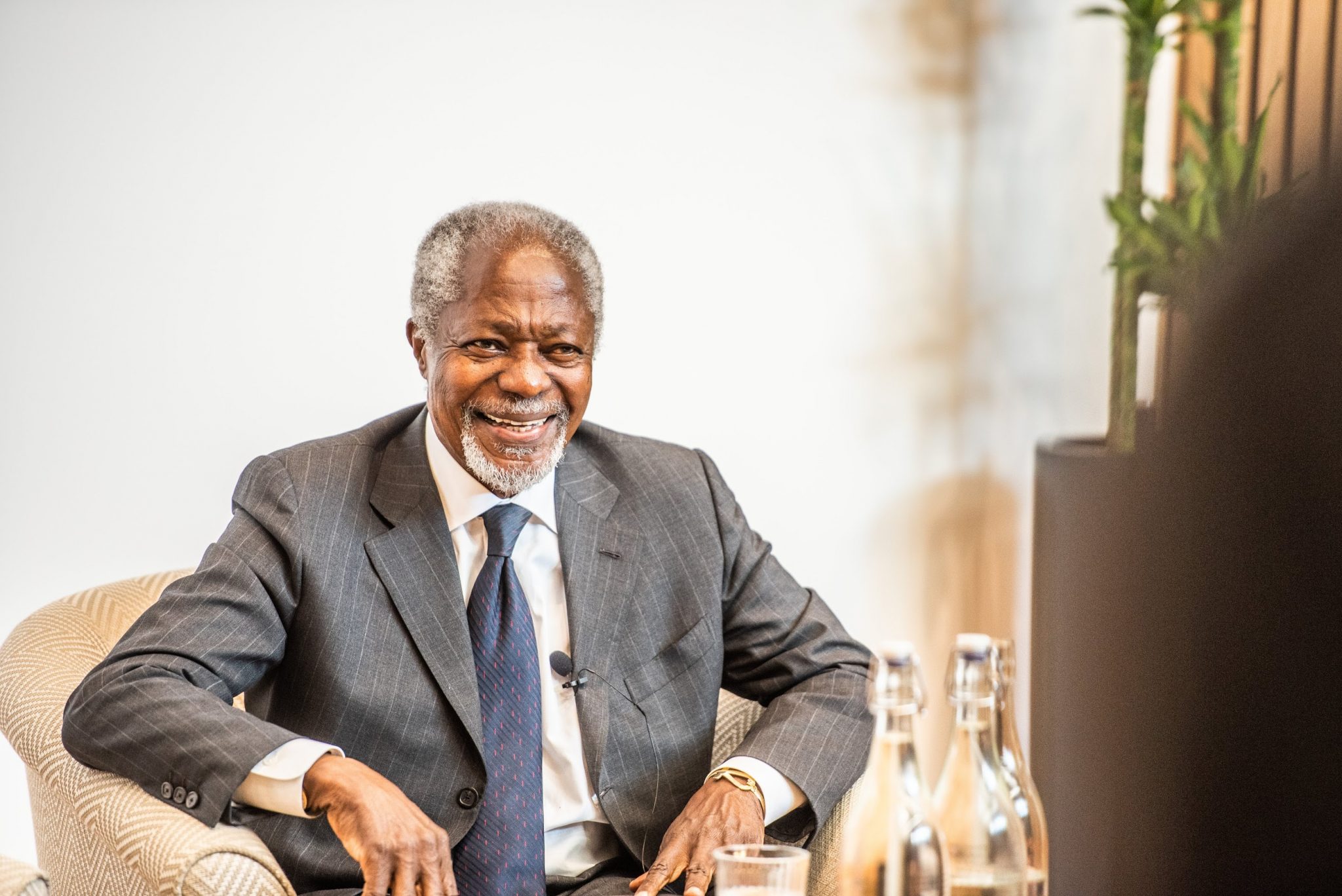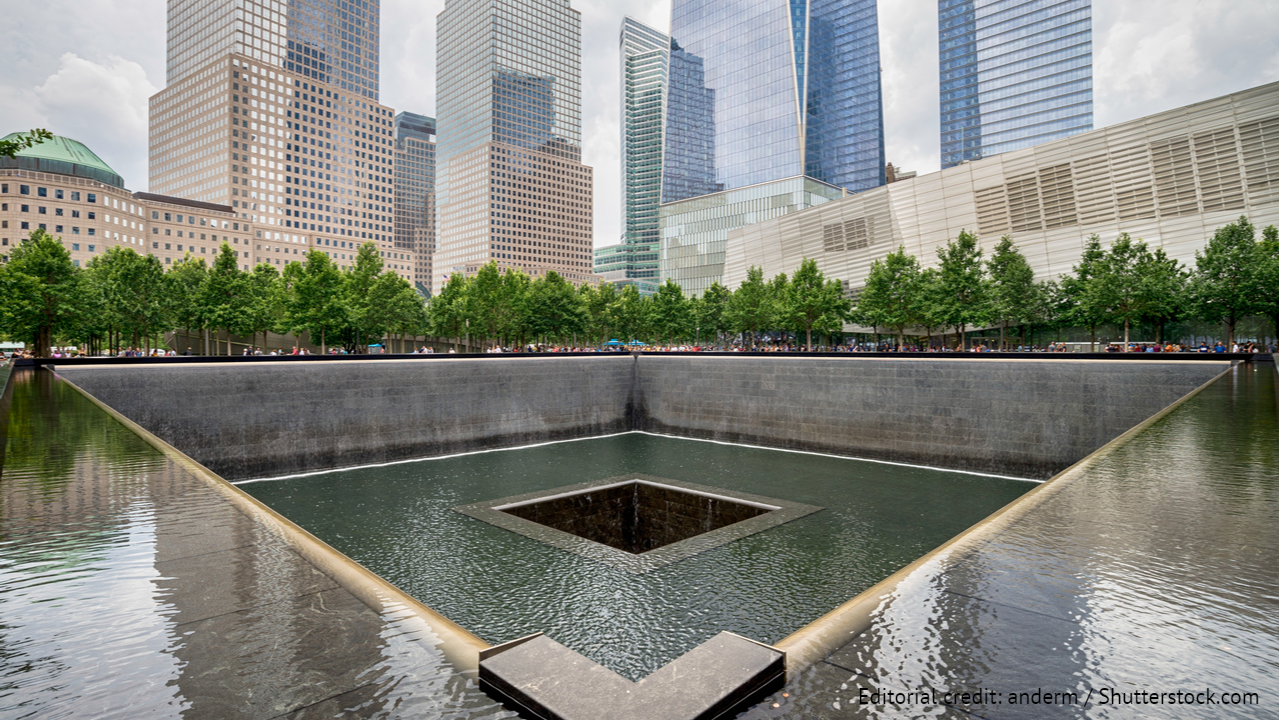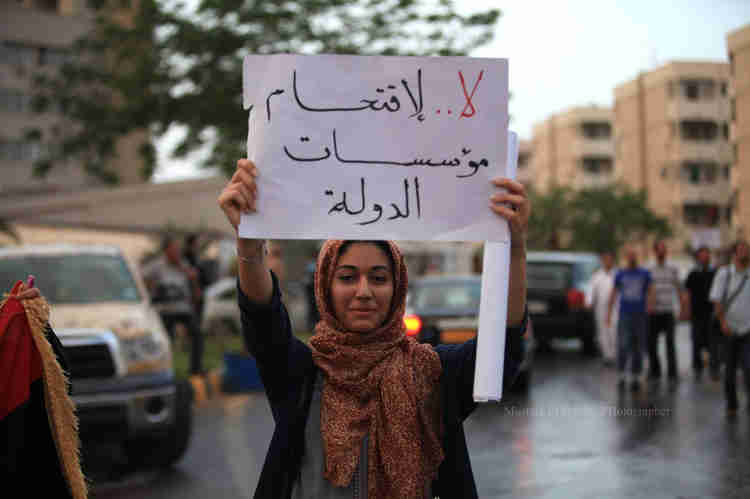Q&A Kofi Annan , ‘The Peacemaker’
Kofi Annan joined the United Nations in 1962. He rose to become secretary-general and served two terms, from 1997 to 2006.
Kofi Annan joined the United Nations in 1962. He rose to become secretary-general and served two terms, from 1997 to 2006.
A number of important changes took place within the organisation under Mr Annan’s leadership. He played a pivotal role in helping to create the Global Fund to Fight AIDS, Tuberculosis and Malaria. In 2005, he encouraged members to accept the Responsibility to Protect, which calls upon states to defend individuals from crimes against humanity. Mr Annan was awarded the Nobel Peace prize in 2001, jointly with the UN.
In his new memoir, “Interventions: A Life in War and Peace”, Mr Annan speaks candidly about a career spent trying to persuade governments to make peace. He points out how the UN has, on occasion, failed to protect the rights of “the peoples”, as laid out in the original charter of the organisation, written in 1945. Most recently, Mr Annan was the UN-Arab League joint special envoy to Syria, a post he resigned in August.
Mr Annan spoke to The Economist about Syria, talking to tyrants and how to fix the Security Council.
Where did the UN go wrong in its peacekeeping missions in Somalia, Rwanda and Bosnia in the 1990s?
Until the end of the cold war, the Security Council was, in a way, divided. It wasn’t easy to reach agreements on conflicts in which the Security Council should intervene. In most cases, they had intervened in inter-country conflicts, where the parties came to agreements and invited the UN to come and monitor. So they were fairly stable environments. After the early 1990s, we got involved in internal situations. Somalia was internal, so was Rwanda, as was Yugoslavia, leading to Srebrenica. That required a different type of skill: to defend the civilian populations in the vicinity. That was really a qualitative and dramatic change in UN operations.
How did you feel in 1994 when you were asking governments to intervene in the genocide in Rwanda but were turned down?
It was a very painful experience for me but we have to understand the context. We were trying to cope with Rwanda soon after the collapse of UN operations in Somalia, where US troops had been killed and dragged through the streets. Countries had become risk-averse. They were not about to jump into another situation which reminded them of Somalia. Instead of increasing the numbers, we scaled back. In those situations, governments look after their own. So the question of protecting the Rwandans was secondary.
Why have you maintained that the conflict in Darfur was not genocide?
The UN sent in a commission to Darfur, headed by Antonio Cassese, a prominent Italian judge. They came up with a report confirming there was systematic abuse of human rights, and to some extent, crimes against humanity. However, they could not determine that it was genocide. That would entail judicial determination and analysis, so the commission stopped short of calling it genocide.
This was a report that went to the Security Council. On the basis of that report, the Security Council referred the case to the International Criminal Court. Having accepted their report, I couldn’t say it was genocide. I had to accept the judgment headed by Cassese. Even though the Americans then called Darfur genocide, they didn’t change their policy. They declared it genocide and did nothing.
Do you think the model of five permanent seats on the Security Council will change?
Change should come. When, I cannot say.
I tried very hard to bring about change, to see if we could create permanent seats for Latin America, Africa, India and Japan, but we did not succeed. This would have made the Council a bit more democratic. The pressure is becoming even greater with the emergence of the new powers. They expect to have a voice and a place at the table. It will be in the interests of the organisation to have them there. So these reforms cannot be resisted forever.
You have negotiated with Saddam Hussein, Omar al-Bashir and Muammar Gaddafi. Do you believe talking to tyrants achieves peace?
Whether we like it or not, they exist. They have power and influence over their people and they are the ones we have to deal with in the situations we are trying to correct. How do you get them to change by not engaging them? Sometimes you need to talk with these people to save lives and to stop the gross abuse of human rights. You need to find a way of getting them to understand, because you cannot go and blast your way in. I’m a diplomat, not an army general with a whole brigade behind me.
Why did you resign as the UN-Arab League joint special envoy to Syria?
I put up a six-point plan, which the Security Council endorsed and said they were for. We had the communiqué of Geneva on the 30th of June. All five permanent members agreed to the idea of political transition and settlement but they did not follow through when they got to New York. I resigned because of these divisions at the international level, but you should see my resignation as supporting the Syrian people. I wanted the world and the member states to know that the way we were going about the issue of the divisions was not going to help the Syrians or the region.
How do you see the conflict developing from here?
If the conflict is to explode beyond Syria, which now looks very likely, it will create problems for all of us. I hope Lakhdar Brahimi- the new envoy, who is a very good and able negotiator, will get the support that I will not get. But now we are heading towards the abyss.



